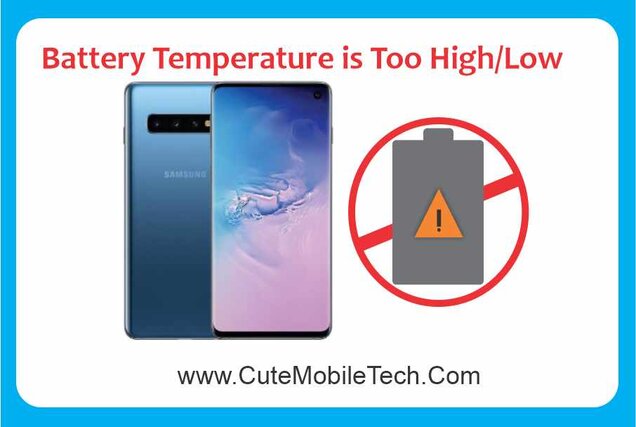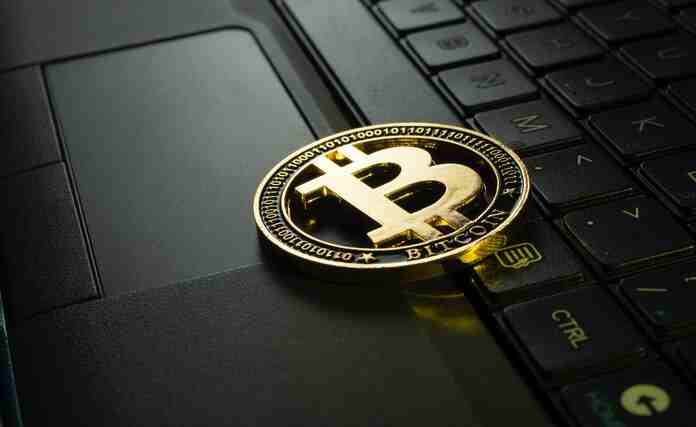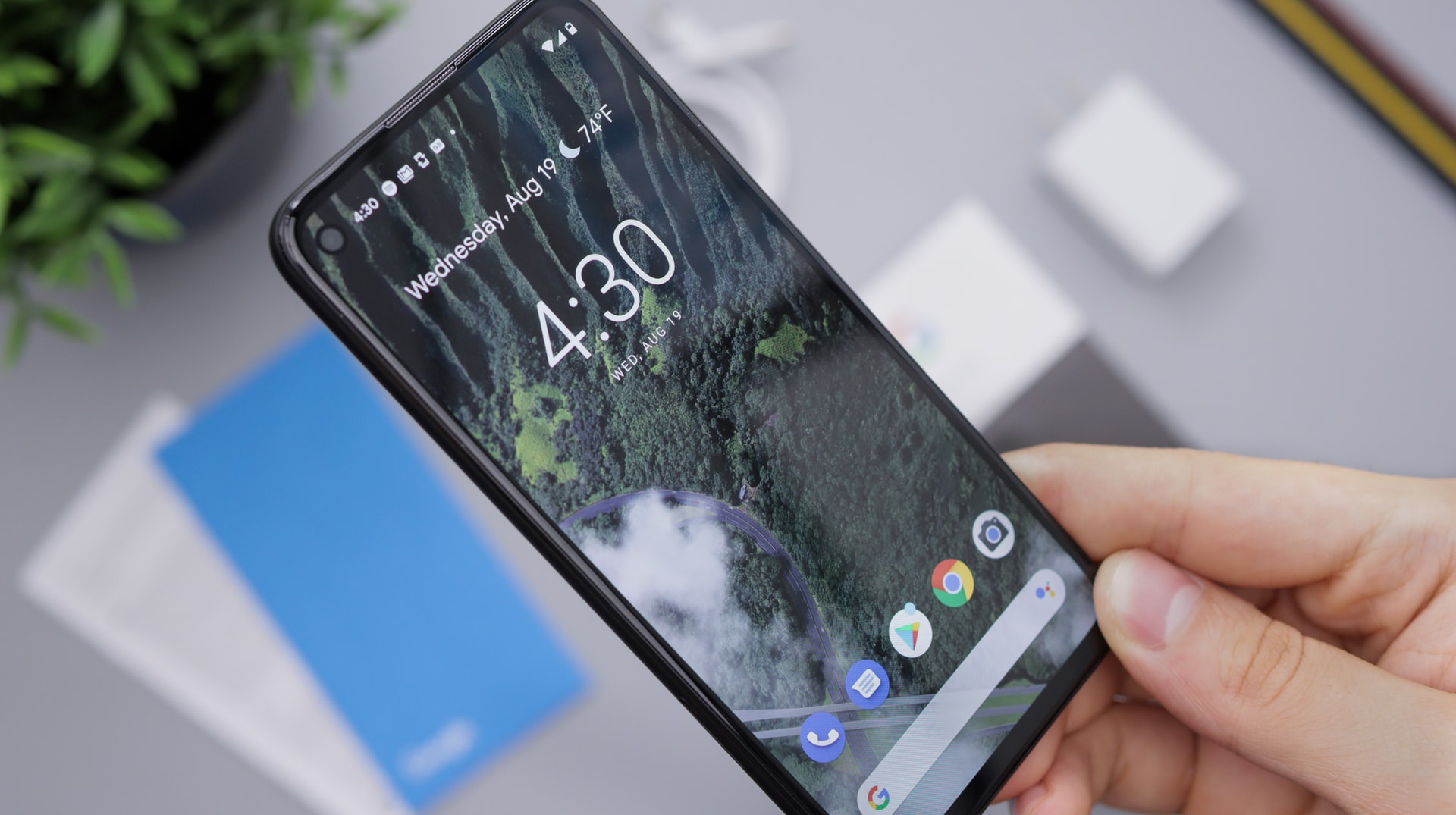In the article: “what will happen to your stolen personal data”, we will be paying attention to data privacy protection and how it impacts your privacy generally so you won’t fall victim to scam, spam or hacks.
In the past months, we learned about the viral allegations and suspicion levelled against Facebook with respect to data privacy as the EU sued and testified in court proceedings that they aren’t sure user data is safe with Facebook! As a result Facebook stepped up her data privacy security and settings so as to give users access to more data management options thereby making the social platform secure for all and curbing against the stolen personal data nightmare!
China’s Huawei, the world largest manufacturer of telecommunications equipment and 2nd largest manufacturer of smartphones, and a tech giant company in the US now threatens to move her operational business base to the UK if US hits up the face-off between them both in a data privacy saga!
The US government is not sure if its resident huawei company is to be trusted. The US suspects that the company might be stealing top secret data or information on behalf of the Chinese government, but the Huawei’s CEO, Ren Zhengfei tells the US government they will have to shut down before ever thinking of doing such a thing.
Should You Experience A Stolen Personal Data Situation?
What are the chances that one gets scammed, spam or hacked? Apparently, one can’t really be hundred per cent (100%) guaranteed safety online but possibilities are that we can try to play safe with our information though!
At one time or the other, we might be required to fill out our email addresses, phone numbers, credit card numbers and other valid means of identification etcetera during an online transaction. At the point of doing this, you will have to be sure you are dealing with a site or platform who’s authenticity and credibility is unquestionable. You might even want to research or get online reviews of the platform you are dealing with and what others are saying about them so you don’t cheaply get in to financial issues or so!
How To Secure Your Personal Data
There are prying eyes on your detail with bad intention so you would have to be careful about that! Here are a lists of what you can at least do to avoid a stolen personal data issues to stay off the hooks.
Social Media/E-Mail Accounts:
-
- Facebook Login/Logout: When transferring ownership of ones’ cell phone, its a good practice to log out all your Facebook account completely so others won’t be able to lock you out of other devices! Make sure also you combine your password with numbers, letters and signs too and explore other facebook security options
- WhatsApp Accounts: When your phone changes ownership, your WhatsApp account could be compromised just by connecting it to WiFi access. So, make sure your WhatsApp is uninstalled before changing ownership.
- Email Account Login/Logout: When on a public internet facilities one should log out to avoid unauthorized access to your data. You can secure your data even more with “google authenticator”. Google authenticator will require a code before access will be granted just in case someone takes over your cell phone or PC and wants to access your emails.
Bank Details:
-
- Credit Cards: Your bank will never ask you for ATM card nos or pin details for any reason as we know there are scammers out there who send funny messages requesting that customers supply such information. When they call you on phone, give them a wrong ATM numbers. When they ask for the 3 digit pin on the other side of the card, just tell them the nos is 419 and they will understand that you have found them out!
- BVN (Bank Verification Number): Your BVN is a key to other details that serves as an aid to prying eyes! Do not fill out this nos on any form promising you financial benefits except for admins or personnel at your work place where you are sure your data is safe or third-party financial organisation recognized and duly certified by relevant government or international bodies! If you are trading crypto currencies or integrating a payment gateway on an e-commerce site, you might be faced with this challenge….as we learn about the controversies associated with the digital merchants requesting BVN for for verification and authentication purposes.
Unsecured Websites
SSL Certificate:
You may have at one time or the other seen a notification at the top left corner of your browser warning that a site is not secure, thus sensitive data like credit card details may be compromised. This query is as a result of an outdated SSL certificate (secure socket layer) which needs validation.
When you are on secure site you should see the word “secure” or a “green padlock symbol”.
Checkout Also: “5 Hottest Settings On Your Phone Will Amaze You”
Gambling Sites:
Beware of gambling site! A platform seeking means to get you scammed would set up a site even if it is to last just a month, a week, a day or even a few hours when they are sure you will fall for it! If you have had stolen personal data issues or scam, this is definitely a no go area of course!
Finally, do take the pains of reading through privacy policies to know how the information you allow or give access to would be used!
Was this article helpful? Do like, share or leave a comment to let others know what you found out!
This Might Interest You: 5 Things To Consider Before Buying Phones











